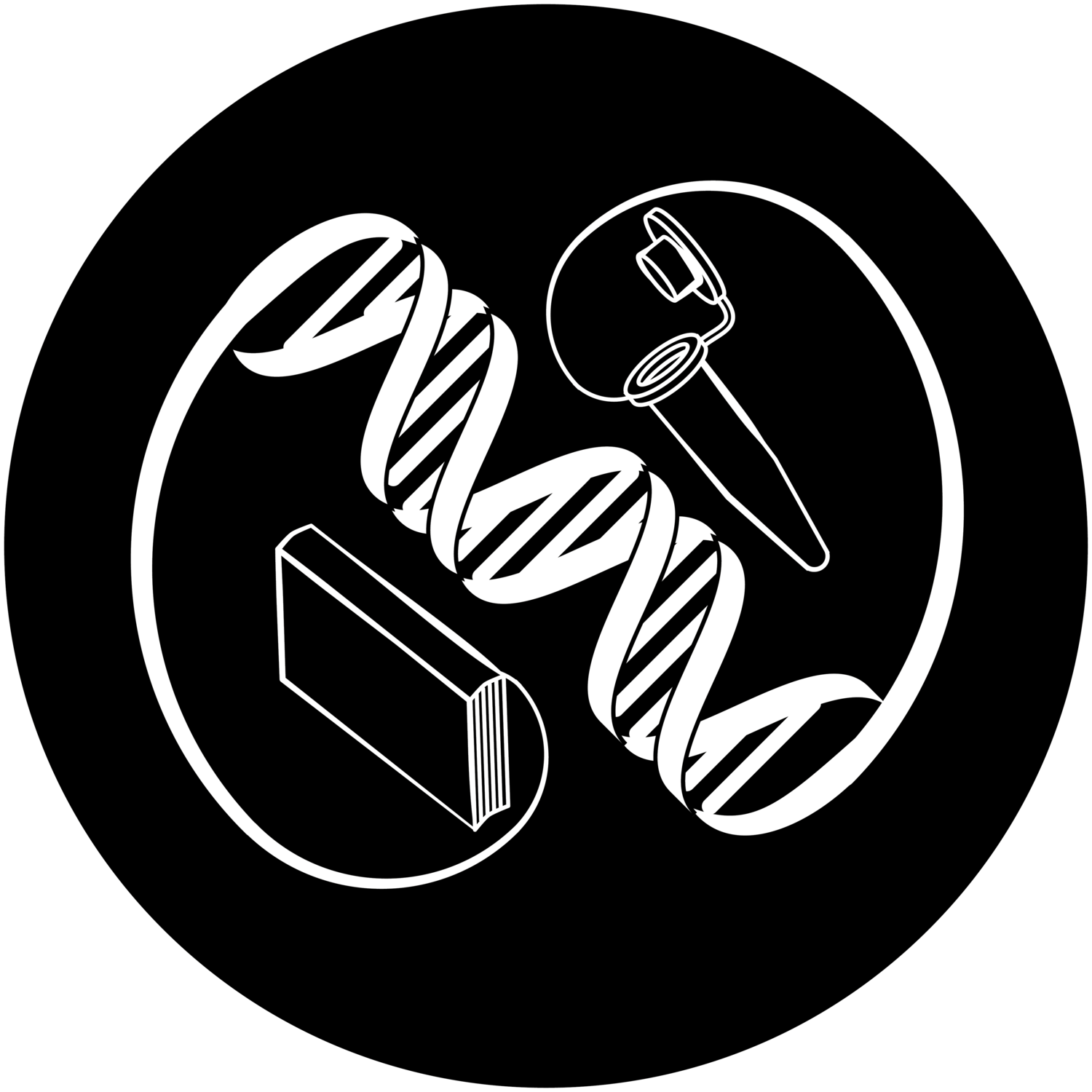Unlock CRISPR
Free online puzzle game that invites players to take on the role of an early career scientist researching CRISPR genetic editing tools and their potential in creating tailored treatments for diseases such as cancer.
Suitable for: A-level students
Classroom-based or homework activity
Time to complete: ~30 minutes for the activity plus ~15 minutes for the optional worksheet exercises.
Requirements: Computer(s), projector (if used as part of a lesson), worksheet printing (optional)
Click to access the game (for free!)
Downloadable documents
About the toolkit
Unlock CRISPR is an online problem-solving puzzle game where players take on the role of an early career researcher at the Gurdon Institute. They are given tasks to complete by their supervisor that allow them to solve puzzles and complete experiments using the scientific method. The students work to unlock new information as they progress through the game.
This activity provides a review of transcription, translation, the structure of DNA and RNA and a brief introduction to the concept of gene editing (specifically the CRISPR-Cas9 technique).
The activity can be used to showcase real-world scenarios where CRISPR gene editing is being used to create new innovations in the way we treat human disease. The example is the game is related to breast cancer, but there are many more examples beyond that.
The game is freely available by clicking the link and there are no sign-ins or downloads required.
Please access it using a desktop or laptop computer.
Before attempting the activity, students should understand:
The structure of DNA and RNA
How to relate DNA or RNA base sequences to an amino acid sequence
A-Level Learning Outcomes
AQA
I can relate the base sequence of nucleic acids to the amino acid sequence of polypeptides, when provided with suitable data about the genetic code.
I can relate the nature of a gene mutation to its effect on the encoded polypeptide.
I can evaluate the ethical, financial, and social issues associated with the use and ownership of recombinant DNA technology in agriculture, in industry and in medicine.
OCR: Oxford Cambridge and RSA
Learners should be able to demonstrate and apply their knowledge and understanding of:
types of gene mutations and their possible effects on protein production and function.
the ethical issues (both positive and negative) relating to the genetic manipulation of animals (including humans), plants and microorganisms.
the principles of, and potential for, gene therapy in medicine.
Connection to Gurdon Institute Research
Sir Steve Jackson FRS, FMedSci
The semi-fictional scenario presented involves a researcher (the player) exploring whether breast cancer treatments are affected by mutations in a certain gene using CRISPR-Cas9 gene editing technology. Work such as this is ongoing in labs across Cambridge and internationally, including in Steve Jackson’s lab (previously Gurdon Institute until 2023, now part of the Cancer Research UK Cambridge Institute).
The ability to edit genes using CRISPR allows for the development of customised therapies tailored to the unique genetic makeup of each patient. This personalised approach holds the potential to enhance treatment efficacy and reduce side effects, leading to more favourable outcomes for individuals battling breast cancer, and many other diseases.
Beyond this CRISPR's potential applications span a wide range. Its adaptability and accessibility also make it a catalyst for breakthroughs that could redefine some of the biggest challenges facing society today, from treating diseases to enhancing crop resilience and addressing environmental challenges.
Toolkit Team
Echo Games CIC
Echo Games CIC develops ‘seriously fun’ games and interactive experiences for universities, museums, cultural institutions, and not-for-profit organisations. They nurture emerging talent through workshops, game jams and internships, and provide support to cultural institutions that are looking to enhance their digital offer.
Daniella De Angeli (Co-director)
Since 2010, Daniela has worked as a web, graphic and interaction designer with a variety of museums and other cultural institutions around the world.
Daniel J Finnegan (Co-director)
Dan has worked in the games industry developing iOS games. He’s created experimental VR experiences which involve multiple people moving around across physical and virtual spaces.
Lee Scott (Co-director)
Lee is a creative technologist and educator. He has created games and digital stories for not-for-profits on topics such as CAR T-cell therapy, fertility awareness, and regional heritage.
The Gurdon Institute
Hélène Doerflinger
Hélène is the Public Engagement Manager at the Gurdon Institute. She is passionate about making research accessible and responsive to society by creating bridges between the research community and the public through a diverse portfolio of projects. She shares her time between her scientific research and public engagement lead roles.
Natalie Walls
Natalie is the Public Engagement Coordinator at The Gurdon Institute working with diverse audiences to help bring the research taking place in the labs to the public in ways that are accessible and relevant to them. She has also worked in museums and other informal science learning institutions so has experience creating interactive learning experiences, including science workshops, games and exhibitions.
With special thanks to the Unlocking Genetic Editing Toolkit team, who’s work on the original SCoPE toolkit inspired and informed the development of Unlock CRISPR.
Ran Peleg, Ashely Campbell, Pip Evans, Moritz Haneklaus, Rinn Los & Nat Stephenson,
Thanks also to the researchers at The Gurdon Institute and sixth form biology students at Long Road Sixth Form for their help with testing and providing feedback during the game development.
Please contact us with any questions.

This work is licensed under a Creative Commons Attribution-NonCommercial-ShareAlike 4.0 International License.




